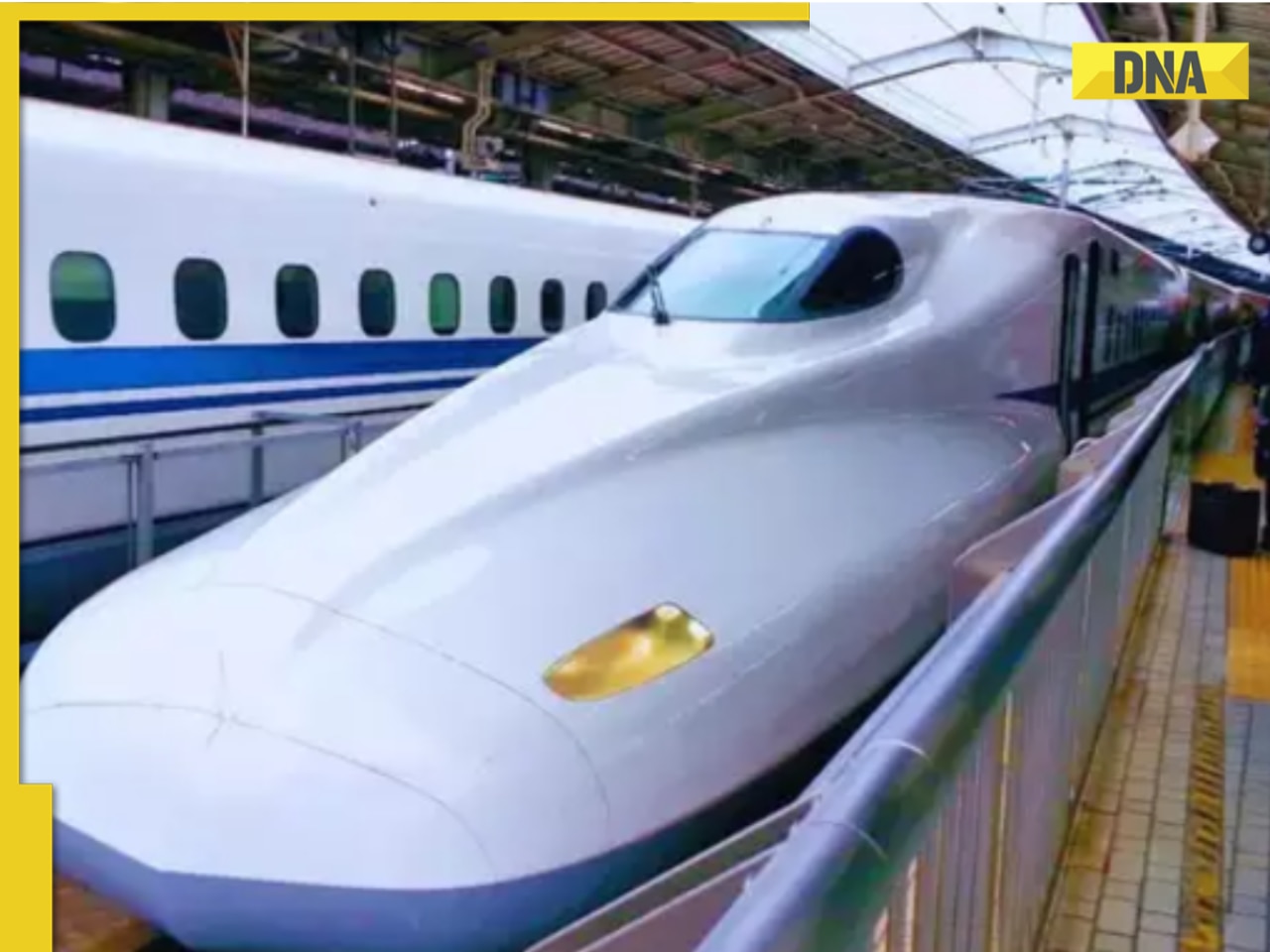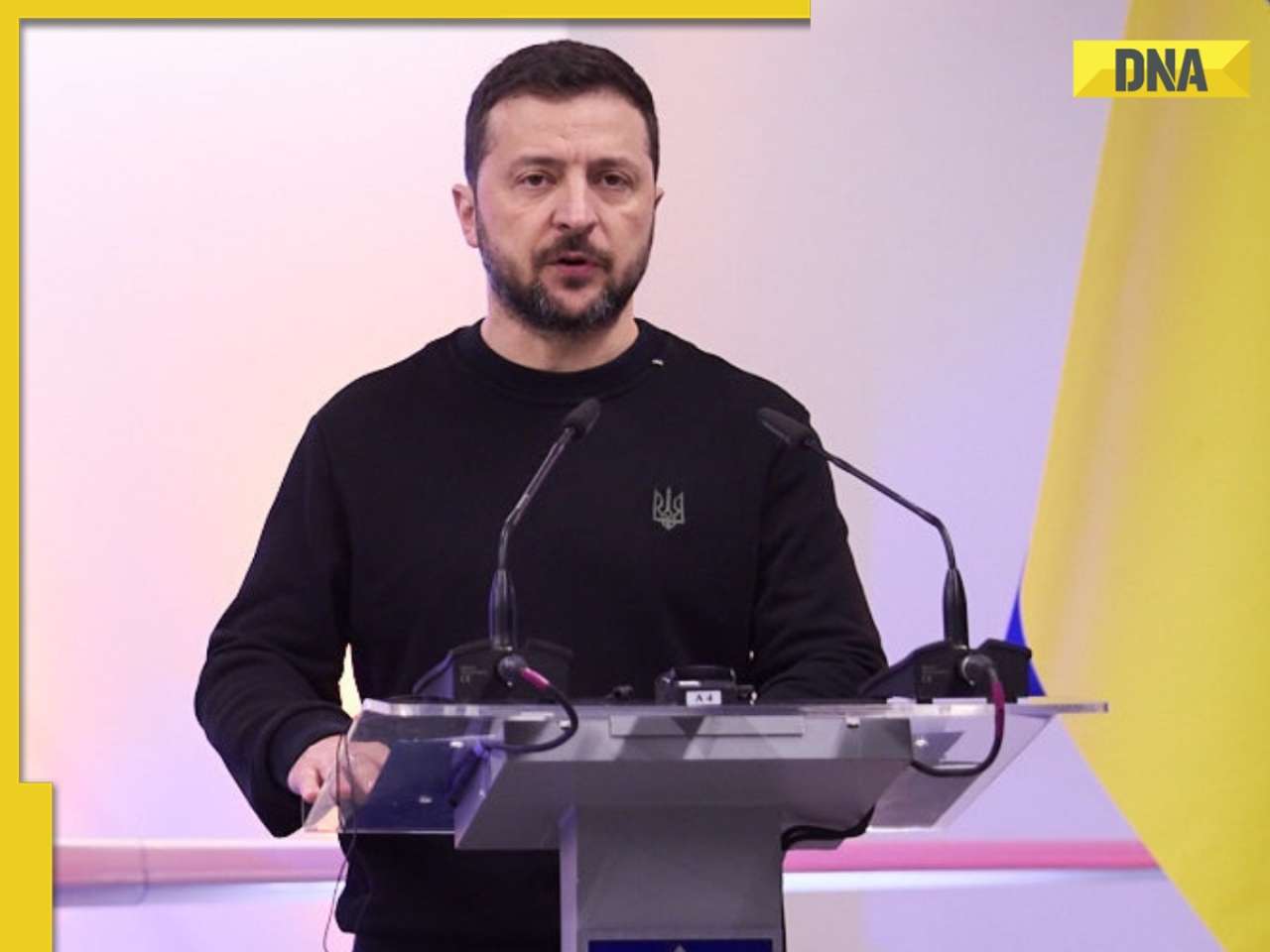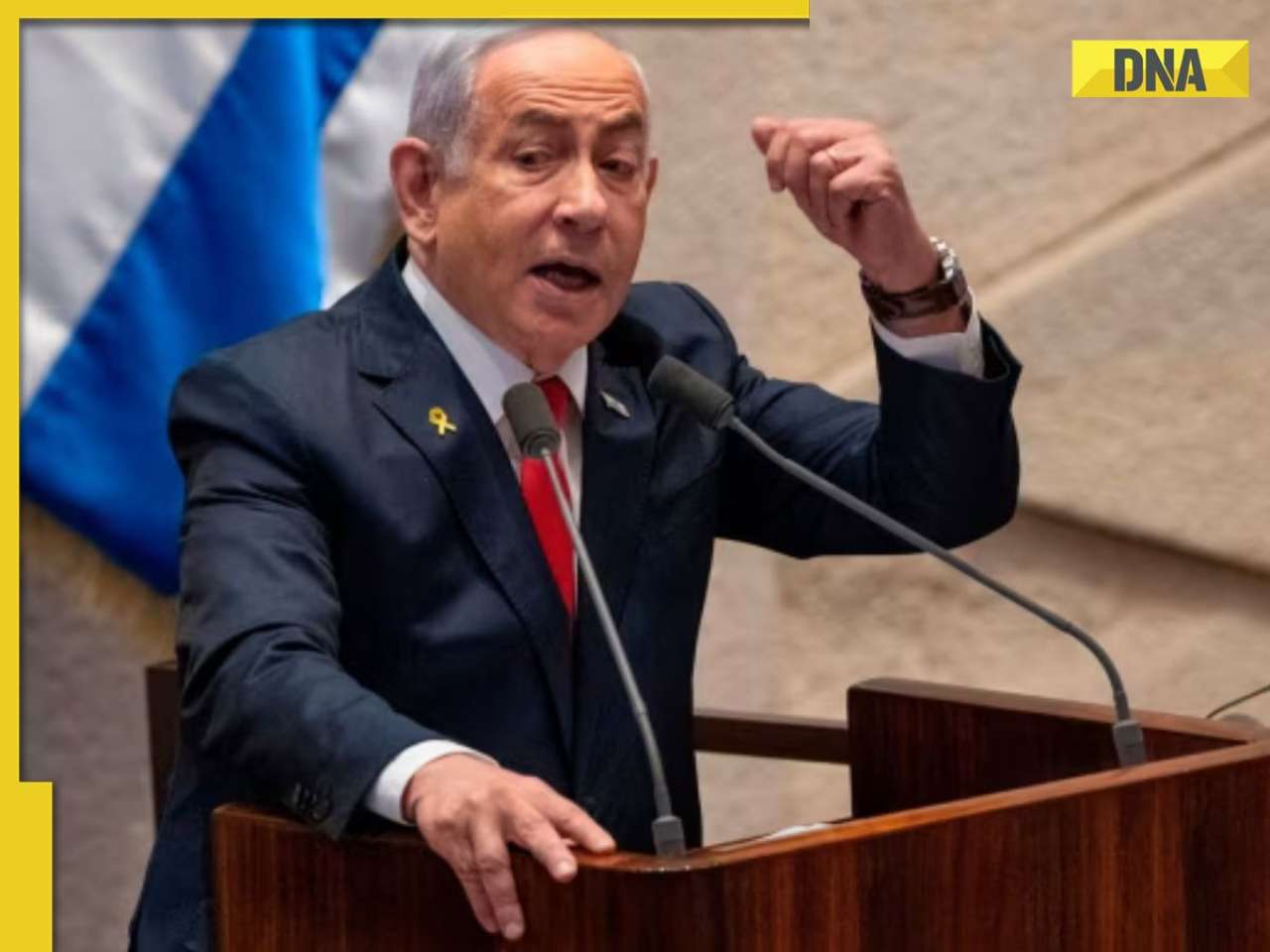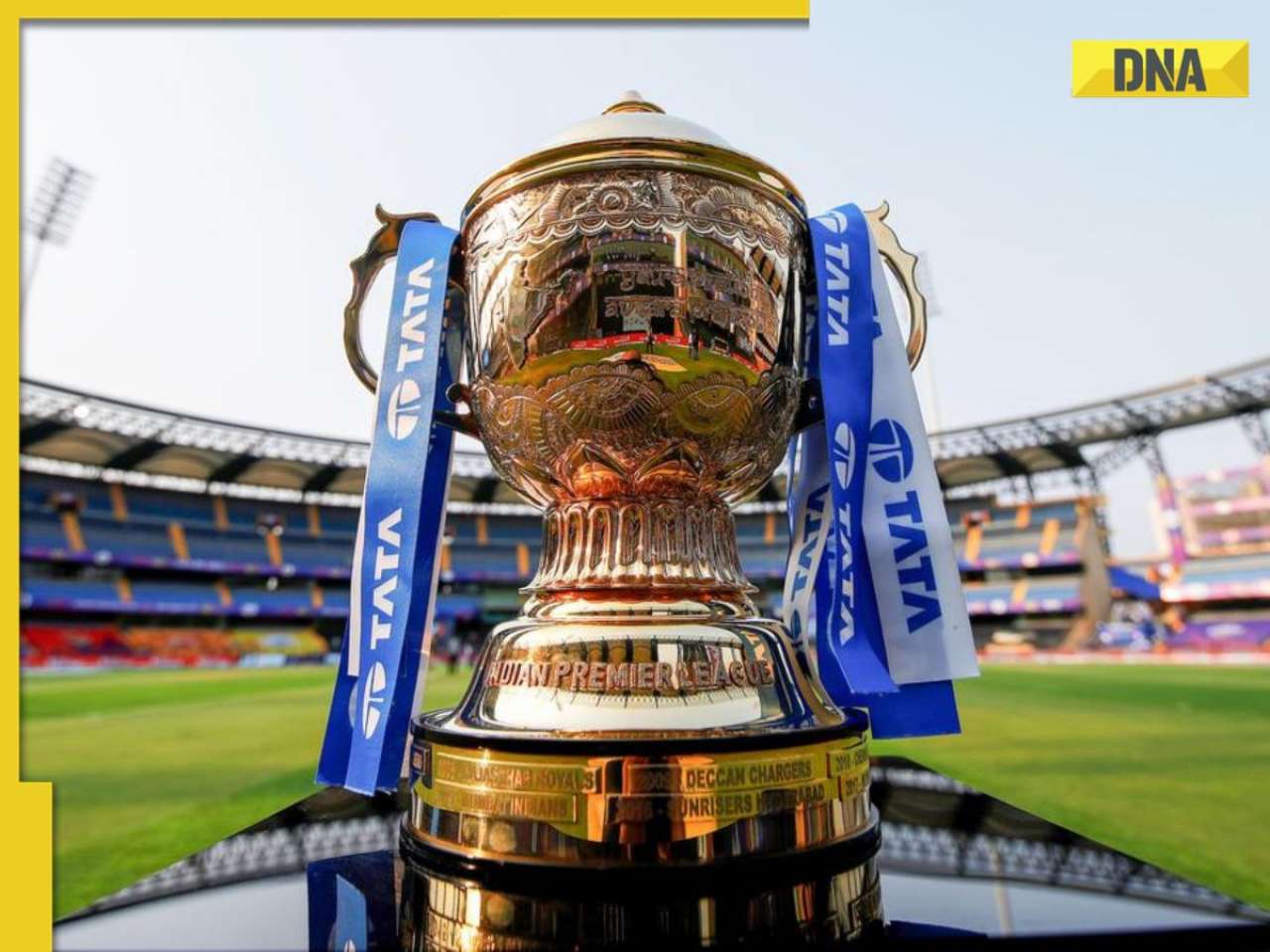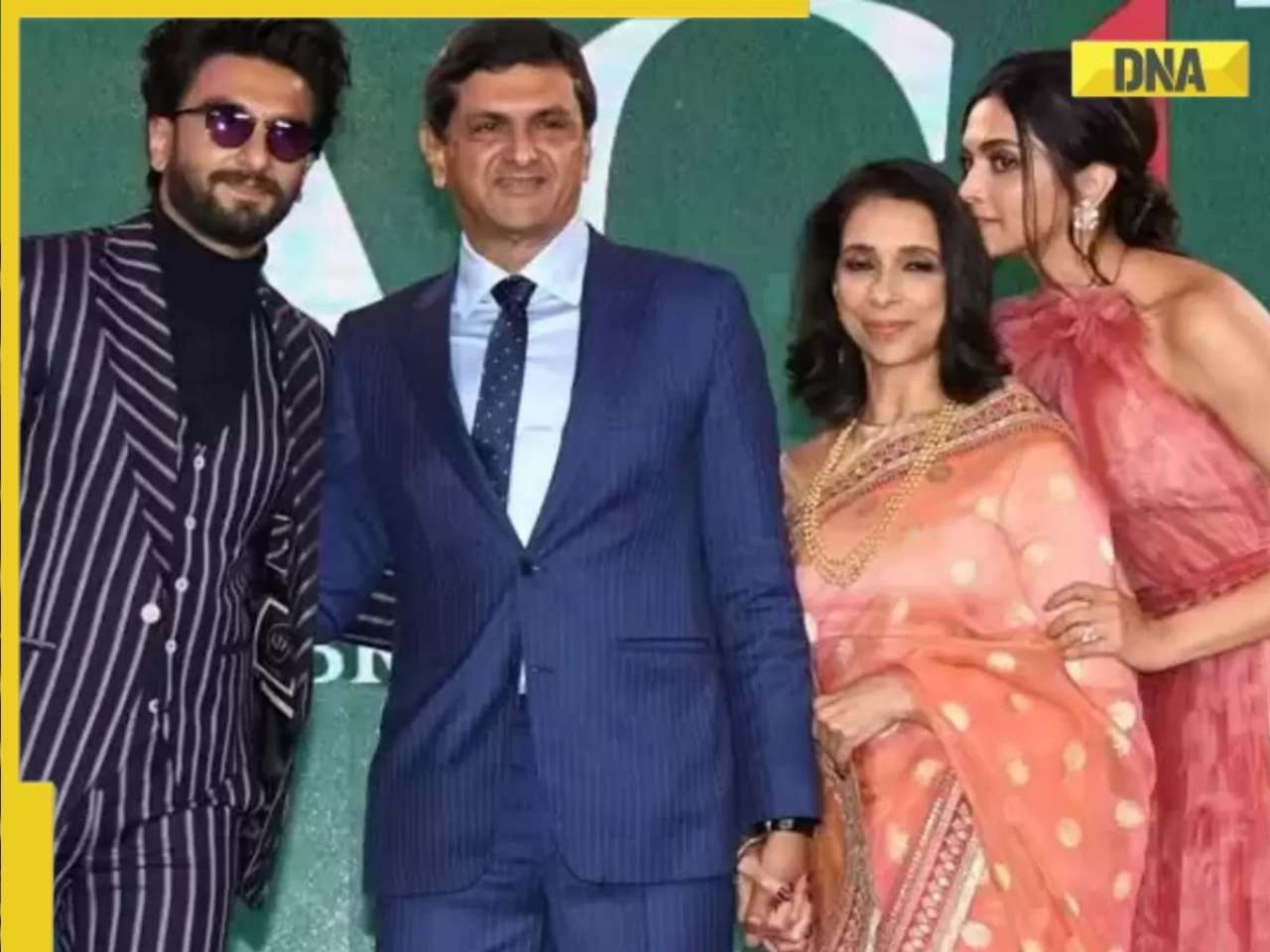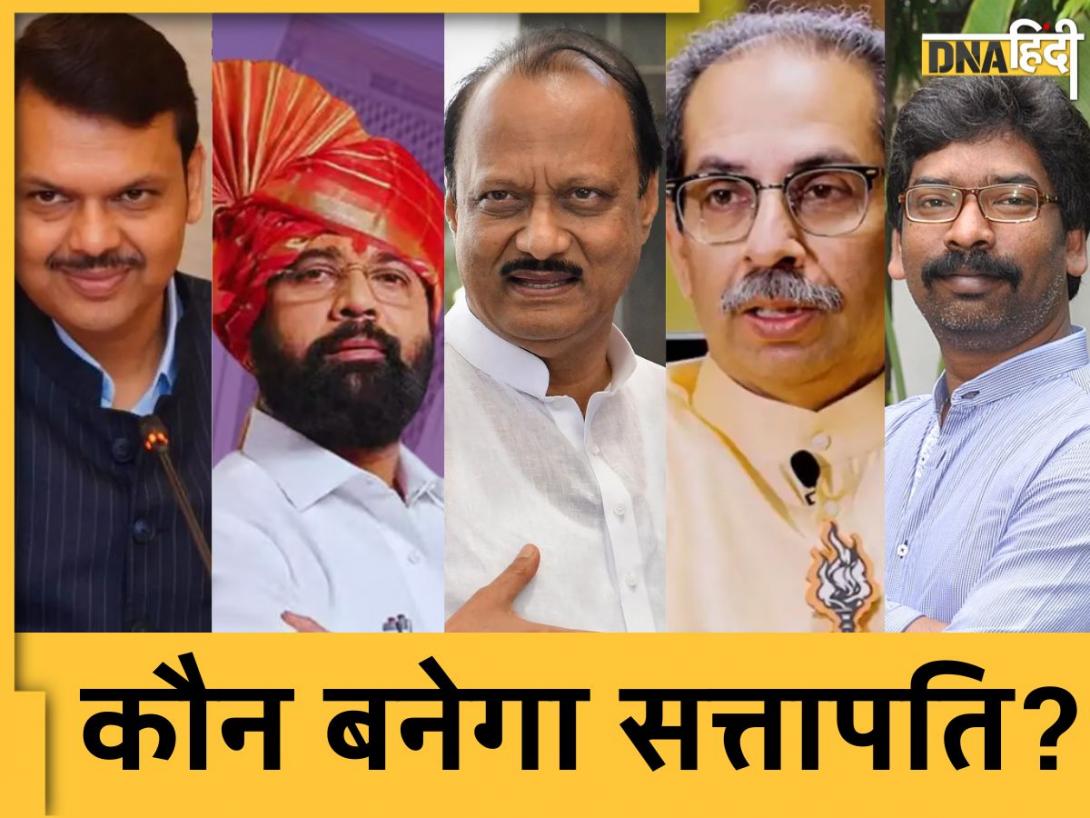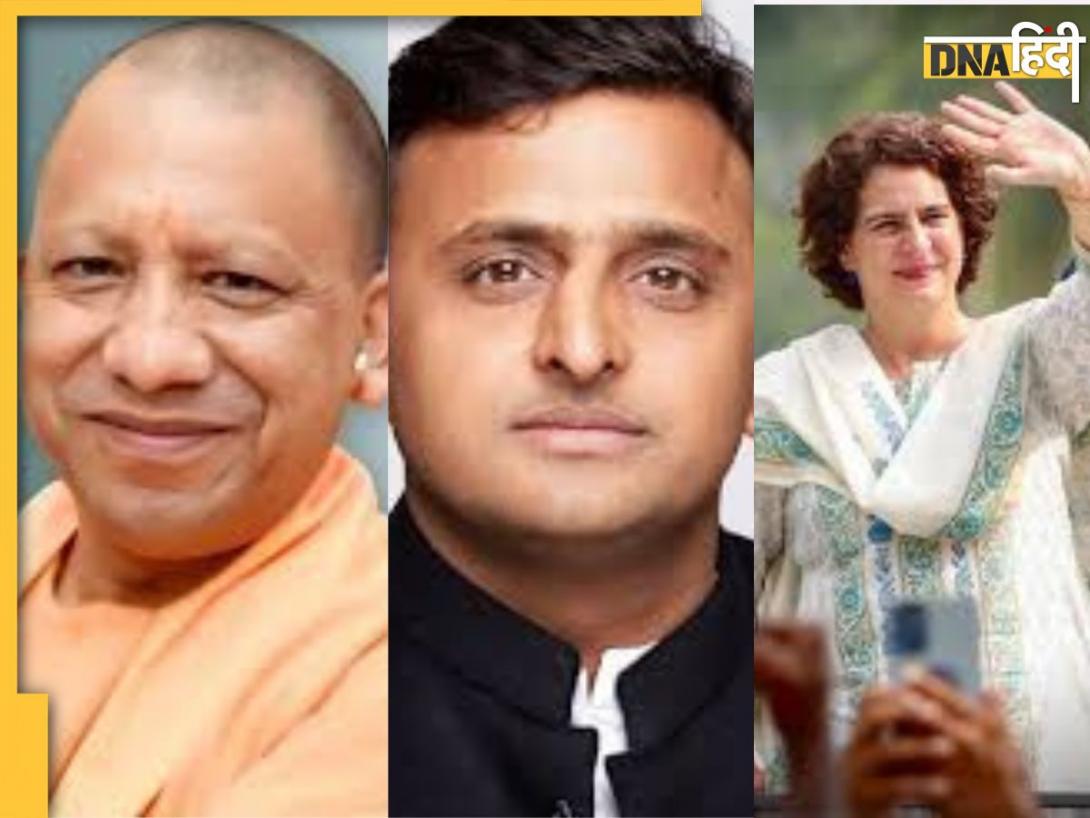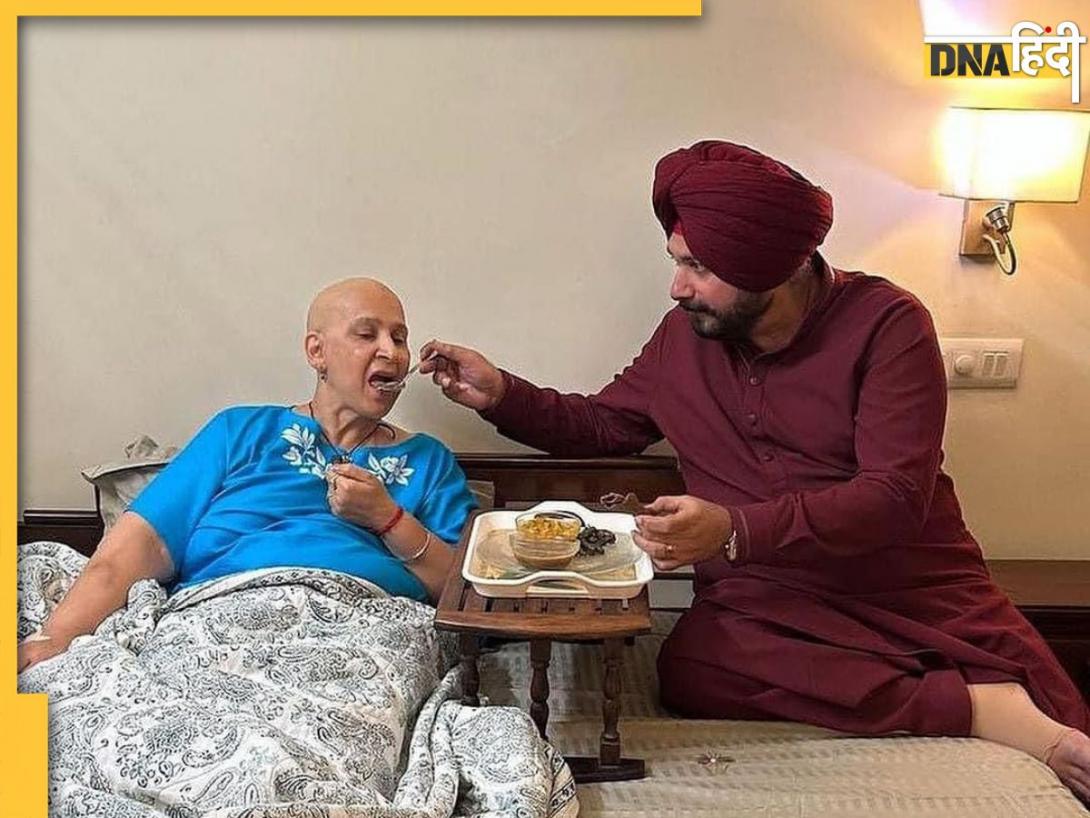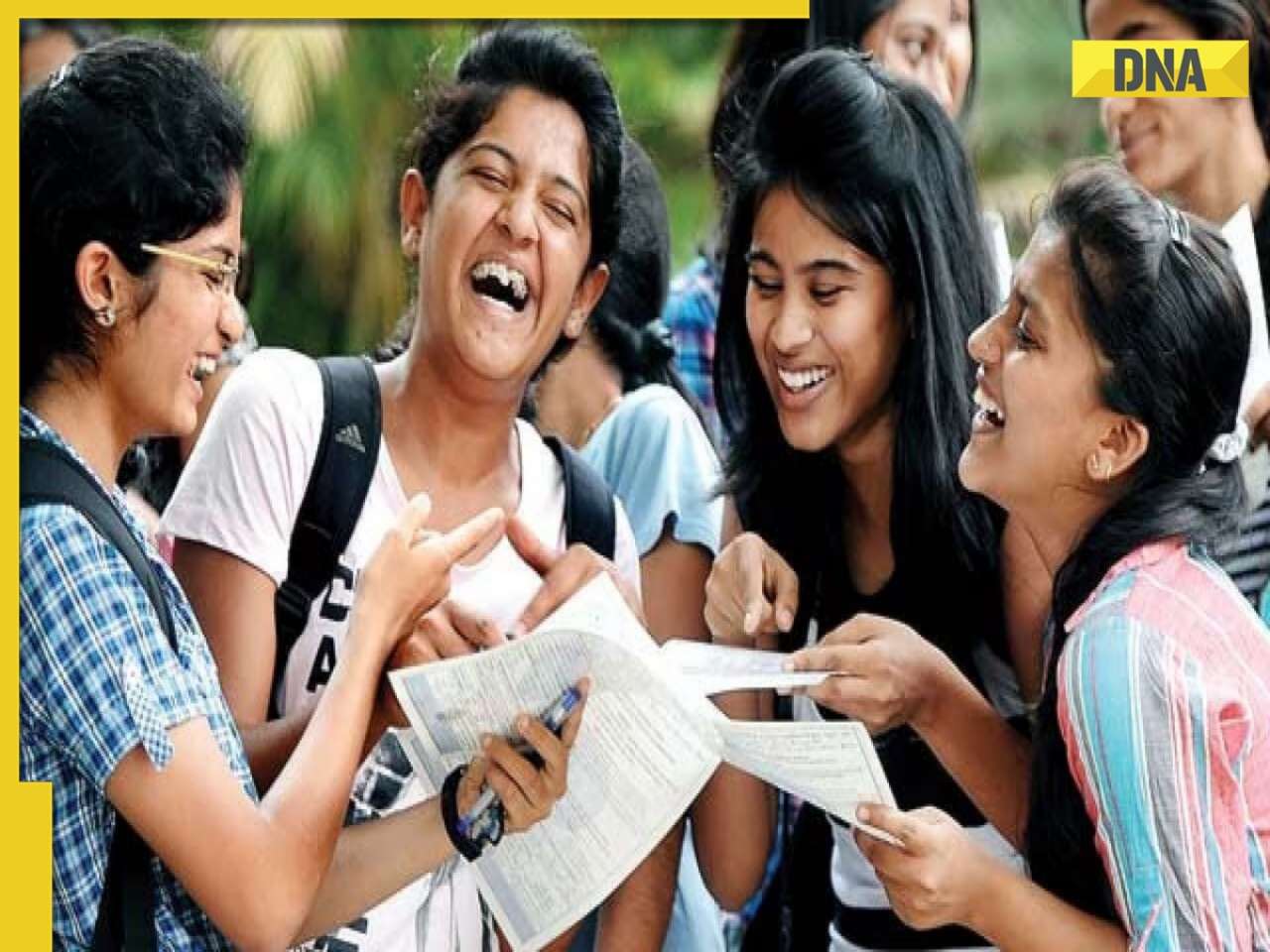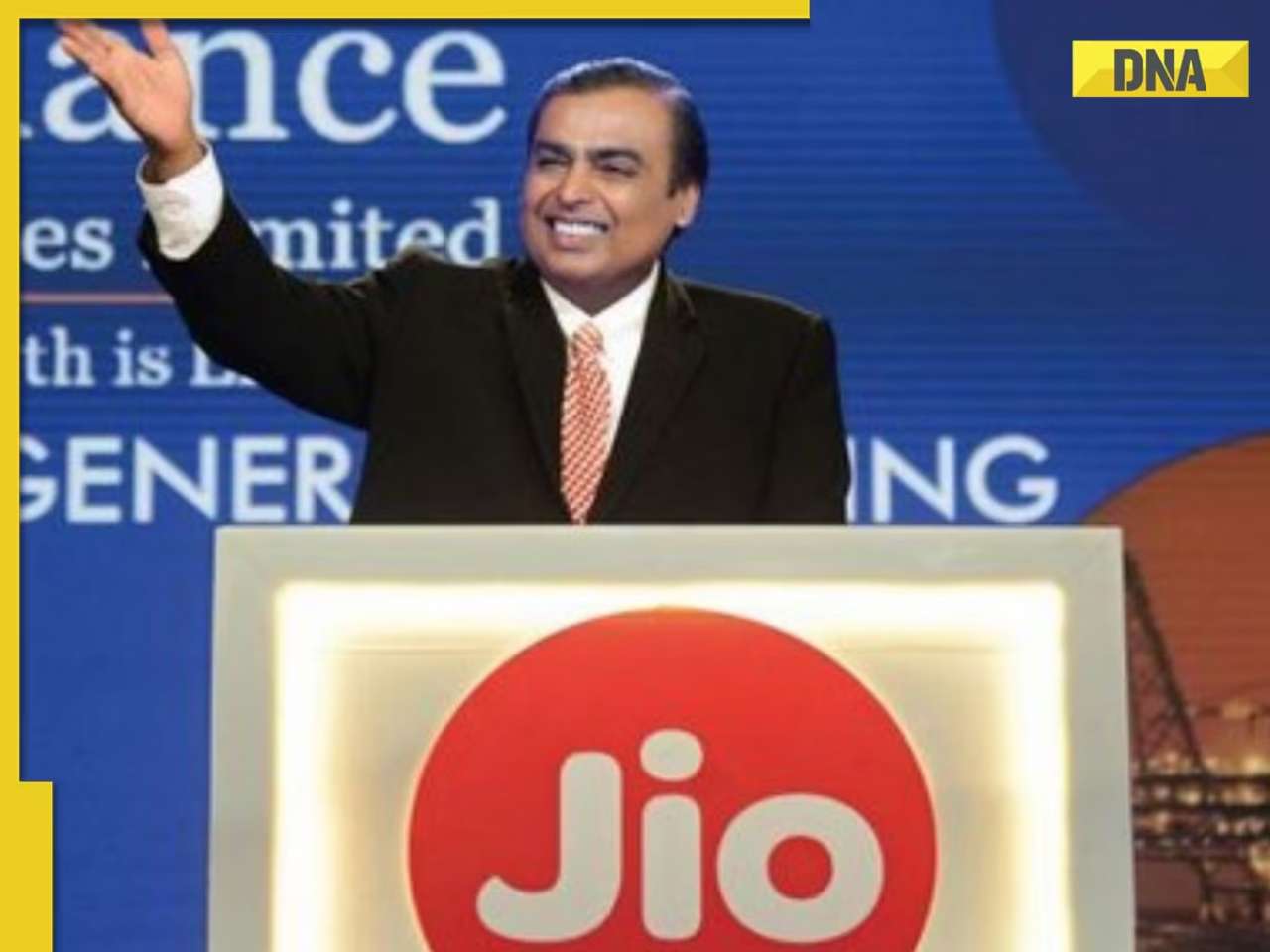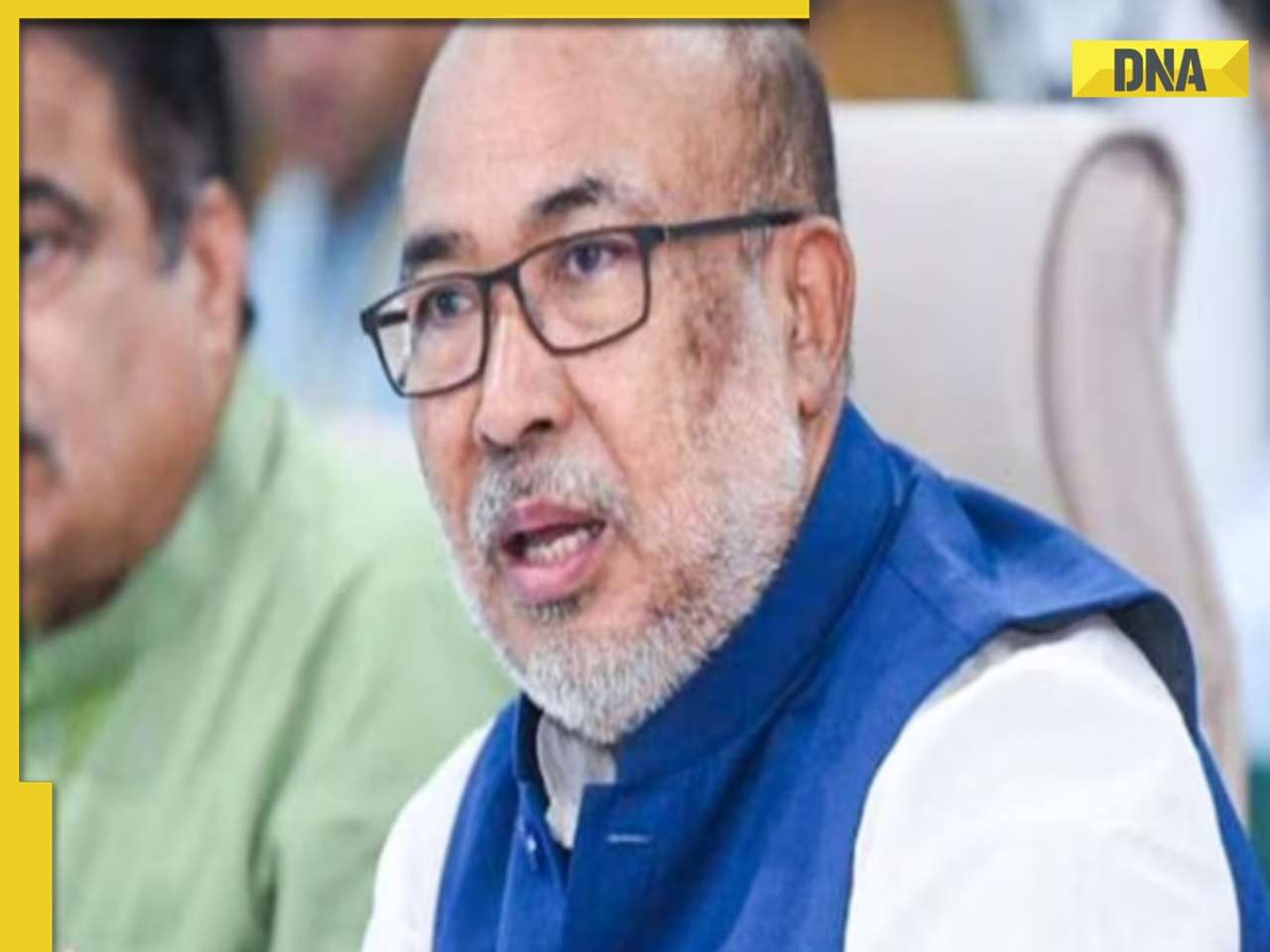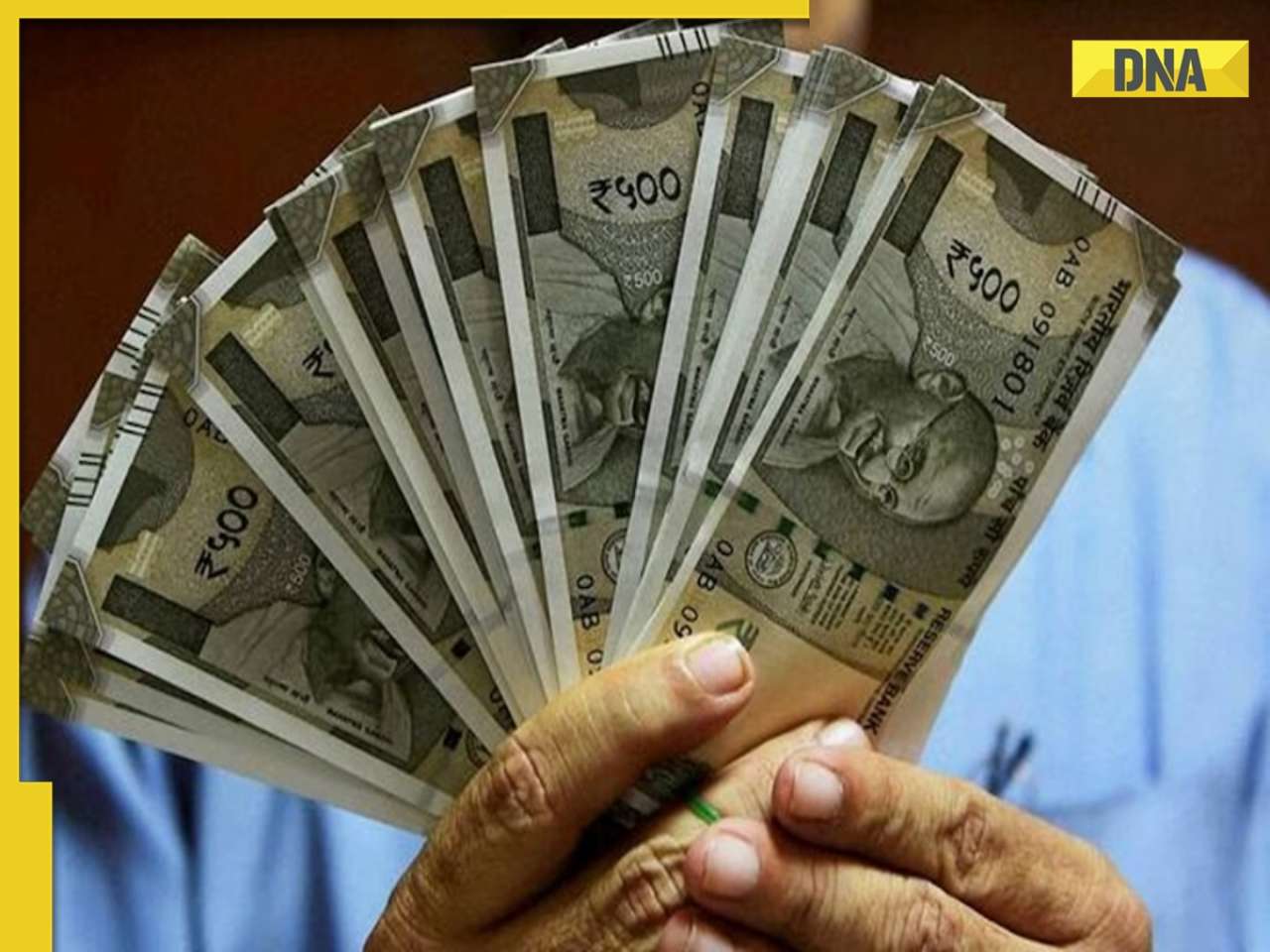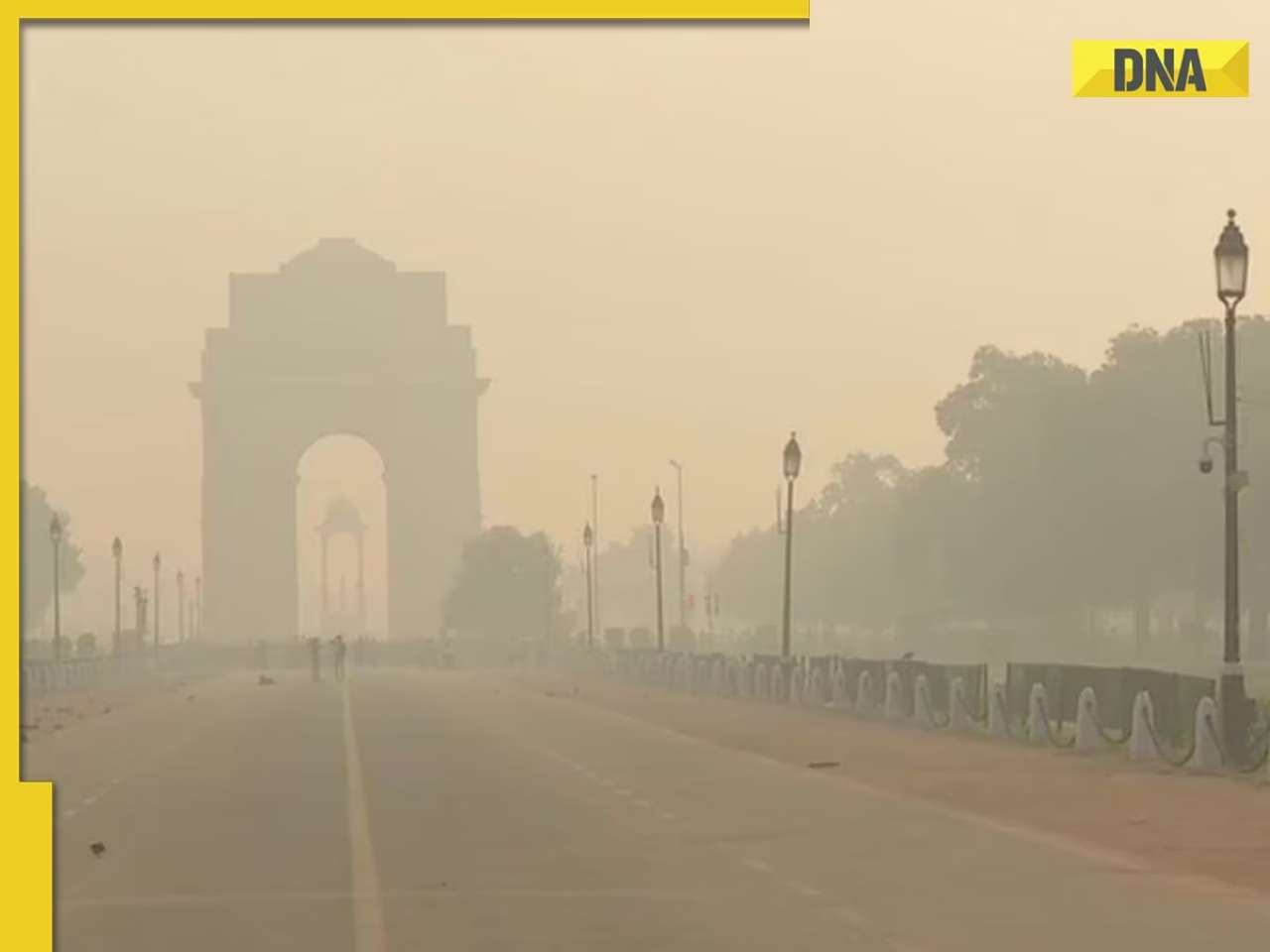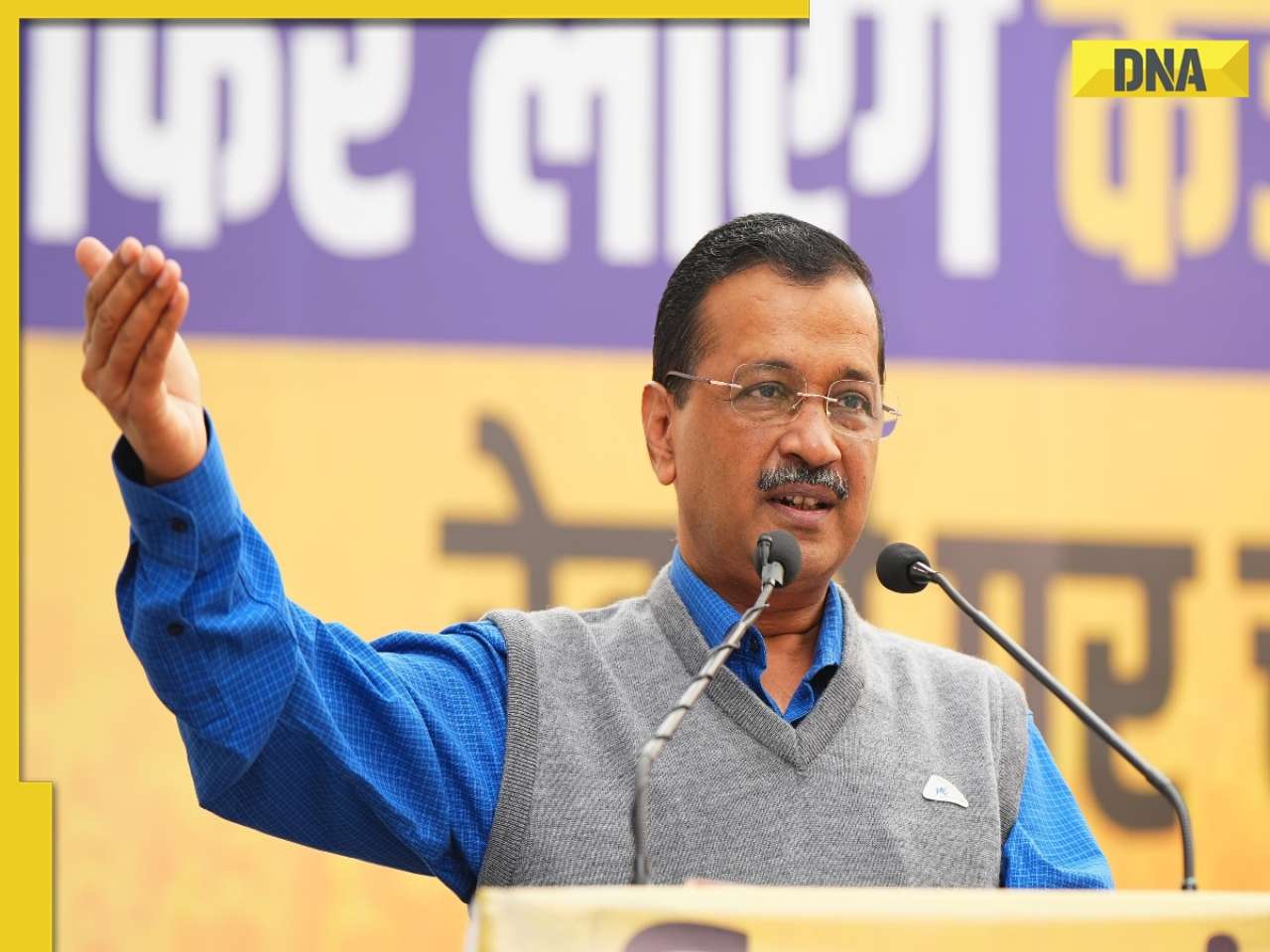- LATEST
- WEBSTORY
- TRENDING
BUSINESS
There are lessons to be learnt from the Vibrant Gujarat Summit
The Vibrant Gujarat Global Investors’ Summit (VGGIS) 2009 was held in Science City, Ahmedabad on January 11 and 12, 2009.
TRENDING NOW
The Vibrant Gujarat Global Investors’ Summit (VGGIS) 2009 was held in Science City, Ahmedabad on January 11 and 12, 2009. In the midst of the global economic crisis, which is also slowing economic activity in India, the Summit represents an impressive achievement, with significant lessons for the rest India.
The partner country for the Summit was Japan, a country of immense geo-economic and geo-strategic significance for India. Japan is playing a vital role in financing and implementing the Dedicated Freight Corridor (DFC) project. A major portion of the Corridor will pass through Gujarat. This project is vital for India as it will enable continuous use of the external sector as an important engine of growth.
India’s current external trade of $550 billion is expected to reach $1,000 billion over the next several years, requiring concomitant infrastructure and productive capacity strengthening. The corridor will also help unify India’s large internal market, and spur industrial and service sector development adjacent to the corridor, particularly benefiting the small and medium enterprises, which usually generate considerable employment.
In addition to the India-based businesses, the Summit attracted foreign delegations from about 40 countries. Some of the participating African countries, such as Kenya (whose
Prime Minister Odinga regarded his visit as a great learning experience), are expected to take initiatives to further expand their relations with India in general and with Gujarat in particular. One of the focus areas of India’s economic diplomacy is Africa, an important source of resources, markets, and an outward destination for investments.
Indian diaspora in Africa, if appropriately expanded and deepened, can enable India to pursue its geo-political and geo-strategic objectives more effectively.
The Summit reportedly generated investment commitments of Rs 12 lakh crore ($240 billion). The figure should be regarded as an order of magnitude rather than a precise estimate.
The presence of India-based businesses at the VGGIS 2009, and the large investment commitments have created a sense of optimism in the time of global economic uncertainty. The MoUs signed involved about a dozen different economic sectors, spanning physical and social infrastructure, manufacturing, agriculture, and services. This underlines Gujarat’s policy of achieving balanced and diversified growth, enhancing its economic resilience.
There has been an understandable desire by those whose minds are not clogged by outdated dogma or by narrow rajniti to understand Gujarat’s broad governance philosophy, specific policies and programmes and its adaptability to their own states’ conditions. Gujarat exhibits entrepreneurial spirit and accords respect to successful businesses. As these attributes are not evident to the same degree in some other parts of India, adaptations may be needed.
For those with a more open mind, and for those who subscribe to Bharat jodo and to rashtraniti, the VGGIS 2009 has two important lessons.
First, the Summit should not be regarded as a one-off event, but as part of a process of governance whose objective is inclusive development. The Gujarat Model of
Governance (GMG) may be summarised by three Cs (Competence, Corruption-aversion and Consistency) and two Ps (Performance-orientation and Public-private-partnership management skills). The essence of GMG is ingrained in a “governing” rather than “ruling” mindset, a distinction eloquently emphasised by former Reserve
Bank of India governor Bimal Jalan in his books The Future of India and India’s Politics.
The GMG, implemented with the appropriate mindset, benefits all groups in the society, and emphasises their joint and sustained efforts to bring about better quality of life. It is therefore “inclusive” in both spirit and outcome. Those who proclaim their desire to improve the quality of life of the aam aadmi would do well to study Gujarat’s inclusive development paradigm.
Ritual and ill-informed condemnation of Gujarat’s achievements, so fashionable in some sections of the political and intellectual classes, and in the media, is not a substitute for understanding the reasons behind Gujarat’s disproportionately large contribution to India’s economic growth and resilience.
Investor (and investment) summits are often regarded as media events and are not integrated with the broader governance philosophy or with day-to-day administration. The systems approach needed to translate the MoUs into actual investment projects is usually given insufficient attention.
In contrast, the Gujarat government introduced or revised several policies before the VGGIS 2009; and further facilitating regulations are expected after the event. These included a new solar power policy, the only state to have done so. As a result several global solar equipment manufacturers are considering entering joint ventures with Indian firms. The formation of a special investment regions to reap economies of scale and scope may also merit adoption by other states.
The state has set up a taskforce to facilitate transformation of the MoUs into investments. The taskforce will focus on inter-agency coordination and on addressing particular gaps hampering such transformation.
The second lesson concerns the urgent need for pursuing rashtraniti and not narrow rajniti by all political parties, media and other stakeholders. If India’s ambition to be a major power in the 21st century are to be realised, those advancing India’s core interests at home and abroad must receive support from all responsible stakeholders.
India must increasingly align its economic linkages with strategic engagement; learn to leverage its large market for goods, services, investment opportunities and people in pursuing strategic objectives globally. A partnership with Japan and engaging African leaders are consistent with advancing India’s geo-economic and geo-strategic goals.
The importance of generating confidence in the current economic environment, which the VGGIS 2009 demonstrated should not be underestimated.
The prime minister has often correctly lamented the lack of a permanent establishment that pursues India’s core interests domestically and globally. The VGGIS 2009, unfortunately, represents a missed opportunity, which would have given concrete substance to these sentiments.
All the stakeholders, particularly the political parties and the media, must learn to leverage achievements from such a major event, wherever it occurs in the country, to position a rising India globally. Only then can India compete on equal footing with other major powers in the world.
Mukul G Asher is a professor of public policy and Azad Bali an instructor at the Lee Kuan Yew School of Public Policy, National University of Singapore. Views are personal.
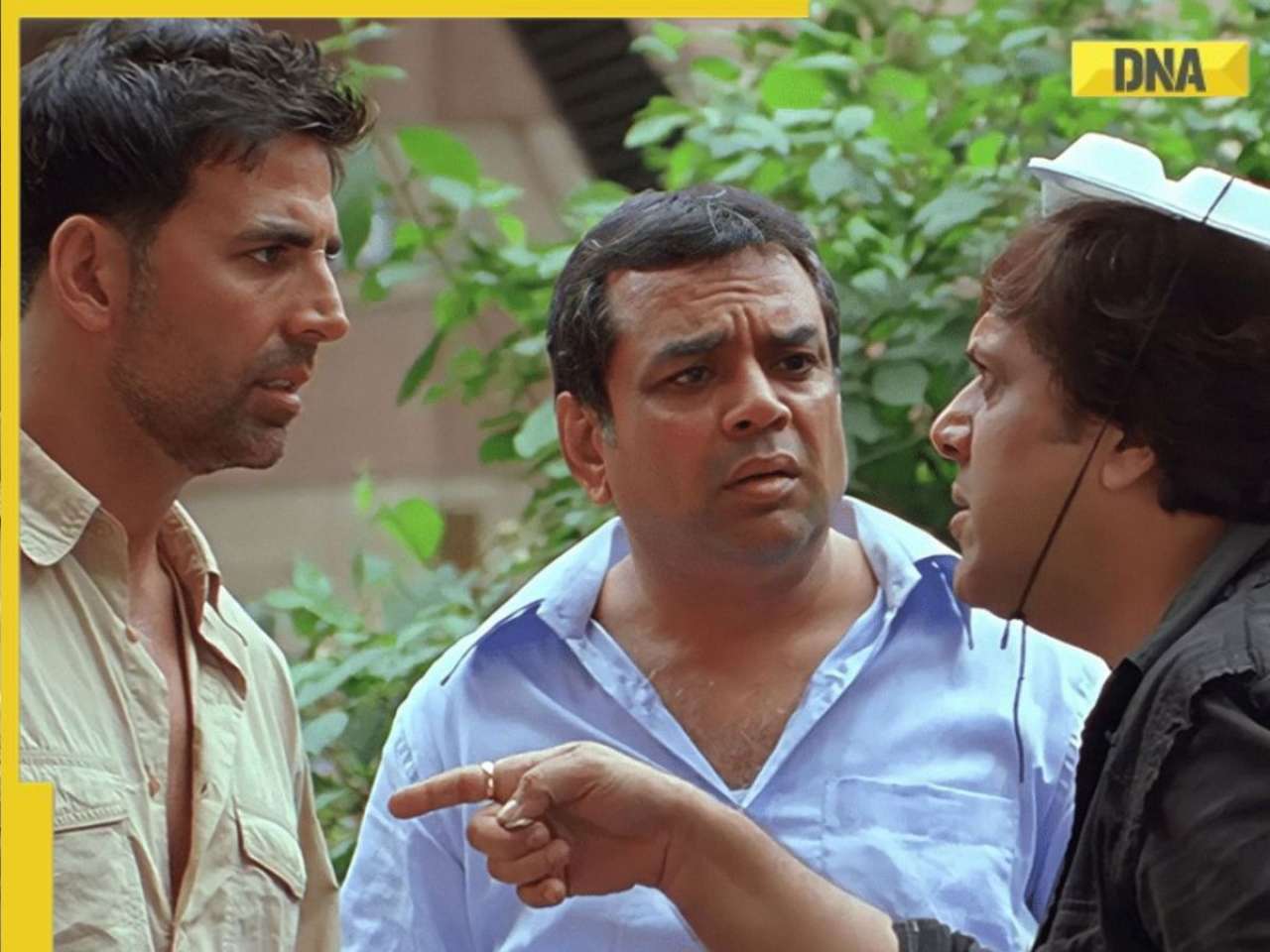

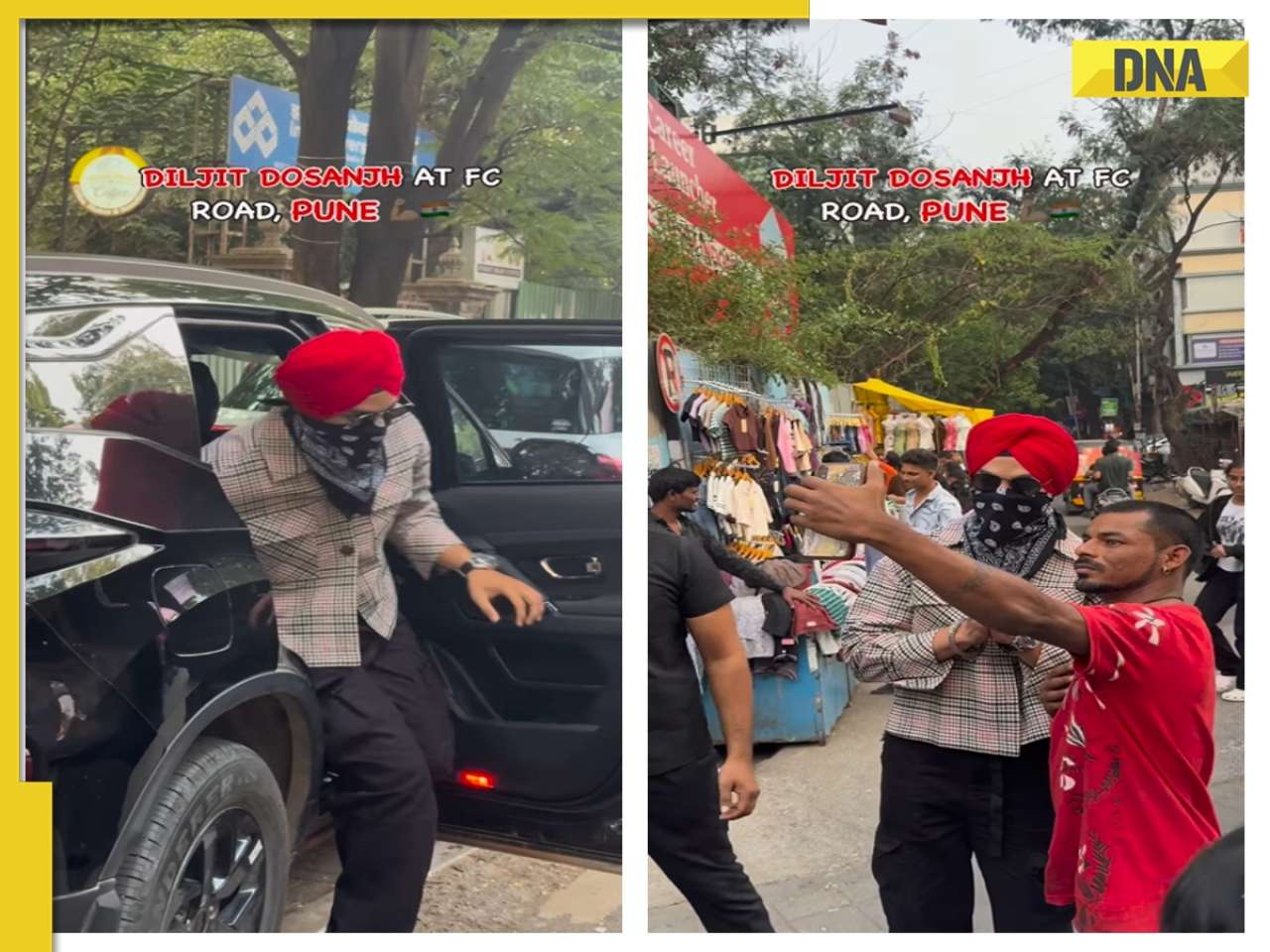





)
)
)
)
)
)
)
)
)
)
)
)
)
)
)






